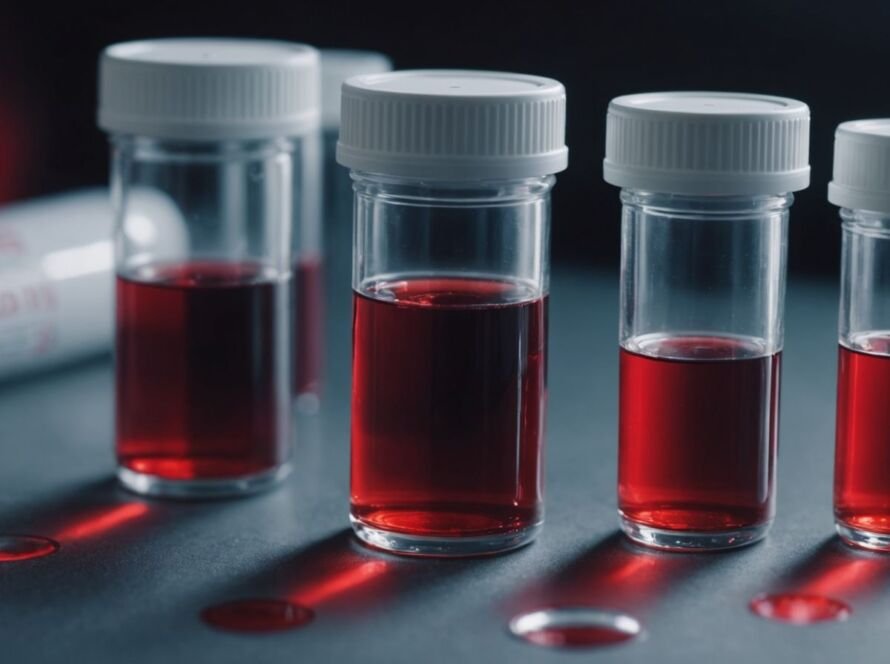A new drug, PIPE-307, shows promise in reversing multiple sclerosis (MS) damage by promoting myelin regeneration around nerve cells, potentially restoring movement and function. Developed by researchers at UC San Francisco and Contineum Therapeutics, this innovative therapy targets a specific receptor, M1R, and has already demonstrated success in animal models. PIPE-307 is currently in Phase II clinical trials, offering hope for a groundbreaking treatment that could stop and even heal the damage caused by MS.
Key Takeaways
- Myelin Restoration: PIPE-307 stimulates myelin regeneration, potentially reversing MS-related nerve damage.
- Targeted Action: The drug precisely targets the M1R receptor, enhancing its effectiveness in treating MS.
- Clinical Trials: PIPE-307 is in Phase II trials, showing potential as a transformative MS treatment.
The Science Behind PIPE-307
Multiple sclerosis (MS) degrades the protective insulation around nerve cells, leaving their axons exposed like bare wires. This can cause devastating problems with movement, balance, and vision. Without treatment, it can lead to paralysis, loss of independence, and a shortened lifespan.
Scientists at UC San Francisco and Contineum Therapeutics have developed PIPE-307, a drug that spurs the body to replace the lost insulation, known as myelin. If it works in people, it could reverse the damage caused by the disease. PIPE-307 targets an elusive receptor on certain brain cells that prompts them to mature into myelin-producing oligodendrocytes. Once the receptor is blocked, the oligodendrocytes spring into action, wrapping themselves around the axons to form a new myelin sheath.
A Decade of Research
The work caps a decade of research by UCSF scientists Jonah Chan, PhD, and Ari Green, MD. In 2014, Chan’s team discovered that an obscure antihistamine, clemastine, could induce remyelination. This discovery led to the development of PIPE-307, which specifically targets the M1R receptor, enhancing its effectiveness in treating MS.
Clinical Trials and Future Prospects
In 2021, PIPE-307 passed a Phase I clinical trial, demonstrating its safety. It is currently being tested in MS patients in Phase II trials. If successful, PIPE-307 could transform how MS is treated, offering a chance to not just stop the disease but also heal the damage it causes.
Another Promising Treatment: ESI1
Researchers at Cincinnati Children’s Hospital have discovered another promising treatment for MS using a novel protein function inhibitor, ESI1. This inhibitor effectively regenerates myelin, overcoming traditional barriers that have hindered myelin regeneration.
Key Facts About ESI1
- Treatment Mechanism: ESI1 targets and modulates gene silencing in oligodendrocytes, increasing the production of essential components for myelin regeneration.
- Preclinical Success: ESI1 demonstrated significant effectiveness in mouse models of MS and lab-grown human brain cells, enhancing myelin sheath production and improving neurological functions.
- Future Potential: The findings could lead to new treatments for MS and other myelin-related disorders and injuries.
Implications and Next Steps
The discovery of ESI1 may spark a new approach to stopping the degenerative effects of MS and similar conditions. Myelin regeneration treatment could also be helpful for people recovering from brain and spinal cord injuries. However, more research is needed to determine whether human clinical trials can be launched to evaluate ESI1 as a potential treatment.
Both PIPE-307 and ESI1 represent significant advancements in the treatment of multiple sclerosis, offering hope for patients suffering from this debilitating disease.
Sources
- New Multiple Sclerosis Drug Regenerates Myelin, Improves Movement – Neuroscience News, Neuroscience News.
- Myelin Repair Provides Novel Multiple Sclerosis Treatment – Neuroscience News, Neuroscience News.

